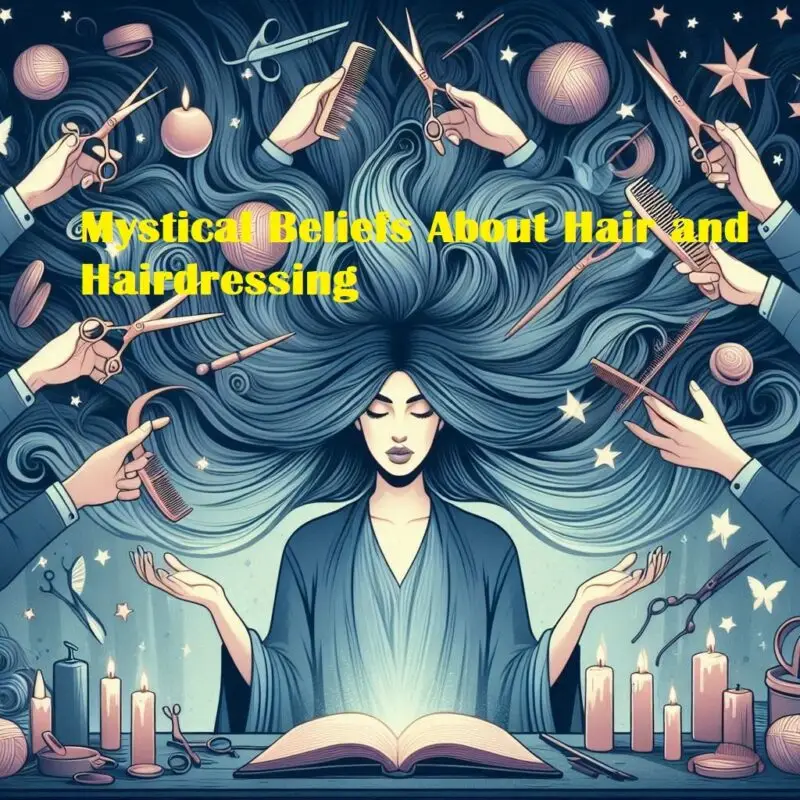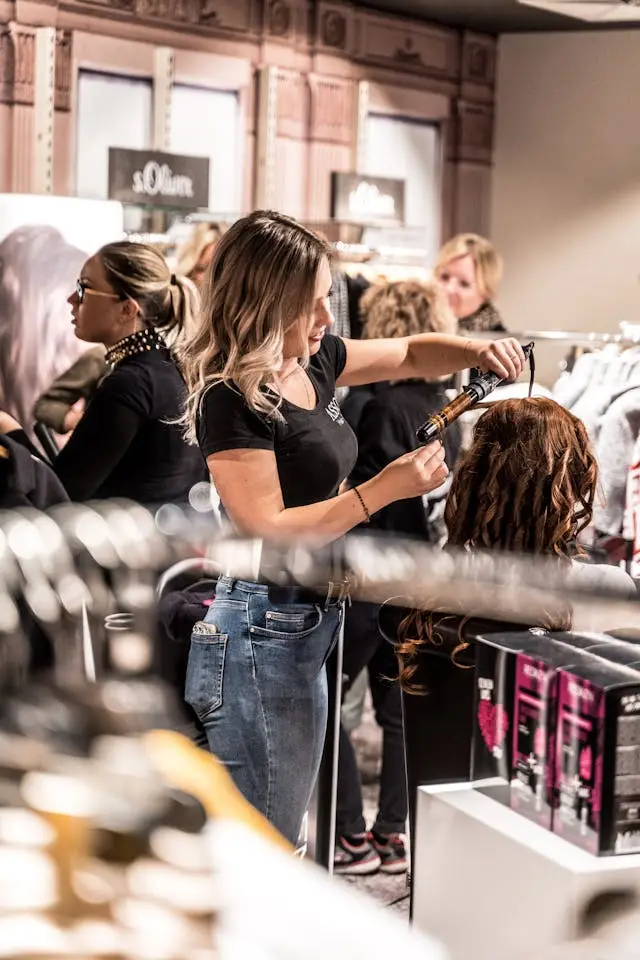Across the globe, cultures have developed unique hair care rituals and techniques over centuries. In many cultures, hair is not only an aesthetic feature but also a symbol of identity, status, and health. Today, these traditional rituals are being rediscovered and applied in modern hairdressing practices. In this article, we will explore various traditional hair care methods from different cultures, their origins, and how they are being adapted into contemporary hairstyling.
1. Indian Hair Care: Nourishing Hair with Coconut Oil
In India, one of the most common traditional hair care methods is the use of coconut oil for head massages. Rich in vitamins and minerals, coconut oil nourishes, moisturizes, and promotes healthy hair growth. For generations, Indians have used this oil to strengthen hair and enhance its shine. In modern hairdressing, products containing coconut oil are used as hair masks and treatment serums to restore hair health and vitality.
2. Morocco’s Liquid Gold: Revitalizing Hair with Argan Oil
Known as “liquid gold” in Morocco, argan oil is renowned for its miraculous effects on hair care. It strengthens the hair, prevents breakage, and adds natural shine, making it a staple in the beauty secrets of Moroccan women for centuries. Argan oil has become a popular ingredient in modern salons, especially for repairing dry and damaged hair.
3. Japanese Hair Care Rituals: Silky Hair with Tsubaki Oil
In Japanese culture, Tsubaki oil (camellia oil) is an essential part of hair care. It is used to maintain moisture and add shine to the hair, known as the secret behind the long, healthy, and glossy hair of Japanese women. In today’s hairstyling world, Tsubaki oil is recommended as a light, nourishing treatment, particularly for fine and sensitive hair types.
4. Natural Hair Care in Africa: Shea Butter and Olive Oil
In Africa, shea butter and olive oil are core ingredients in natural hair care. These oils moisturize dry and curly hair, nourish the scalp, and increase hair elasticity. Shea butter and olive oil are used in modern salons as hair masks and deep conditioning treatments, adding volume and vitality to clients’ hair.
5. The Role of Traditional Rituals in Modern Hairdressing
Traditional hair care rituals have evolved beyond a mere trend in today’s world. Natural products and techniques have become indispensable for hairstylists who want to maintain healthy hair and provide natural, effective care to their clients. Hairdressers can offer a unique experience by incorporating natural care rituals inspired by different cultures into their salons.
6. Conclusion: Hair Care from Past to Present
Traditional hair care rituals have found a solid place in modern hairdressing. These rituals emphasize the power and effectiveness of natural products, supporting the idea of preserving the natural health and beauty of hair. Hairdressers can offer both traditional and innovative services to their clients by learning about different cultural hair care techniques and integrating them into modern practices.

